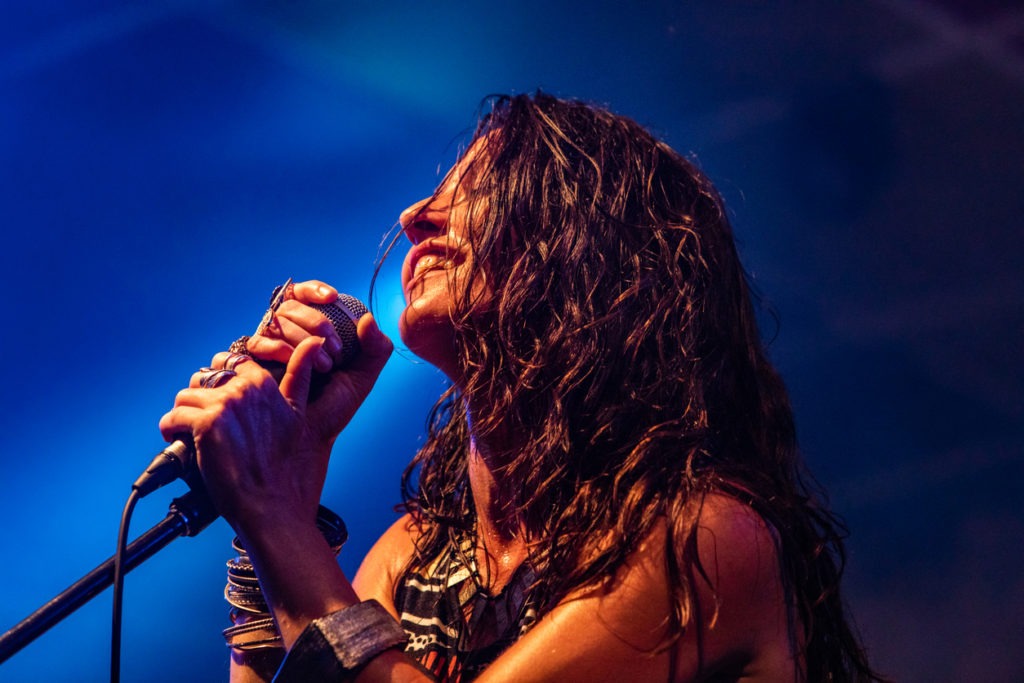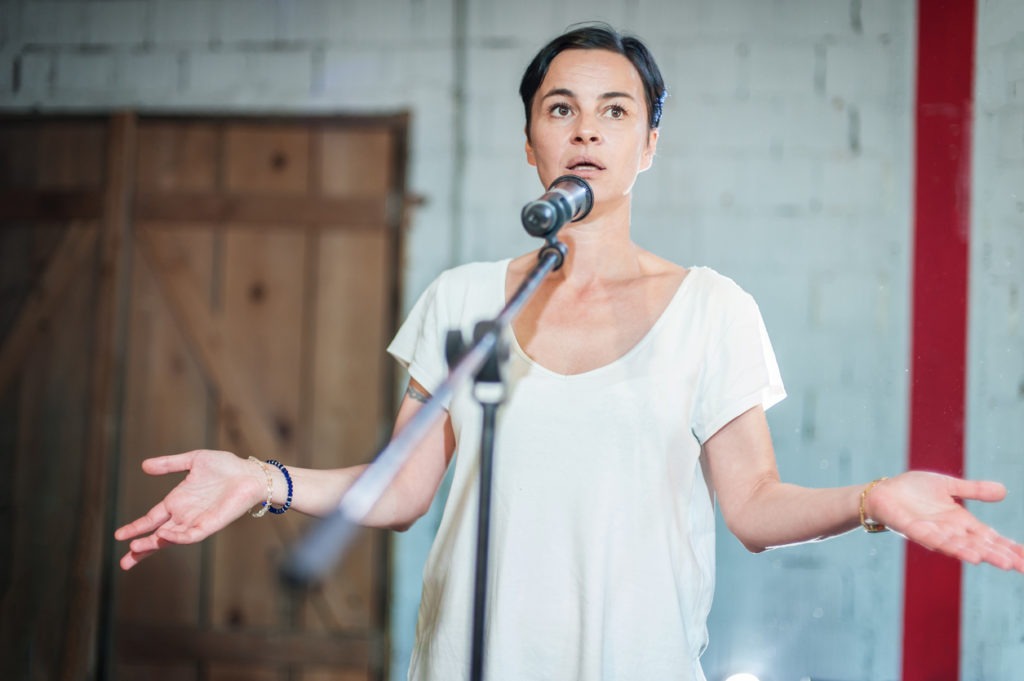Poetry is a kind of art in which the presentation of thoughts and ideas is given a specific emphasis via the use of a distinctive style and rhythm, as well as the use of literary elements known as poetic devices.
Spoken word poetry is a sort of poetry designed to be expressed in front of an audience rather than simply being in print for others to read. This is poetry intended to be shared. It employs rhythm, improvisation, alliteration, rhyme, wordplay, and slang heavily.
Spoken Poetry Details
Read More About This Hobby| Category: Art, Mental, Music, Performance, Social | Time: 30-60 min | Skill: Some |
| Initial Cost: Free | Space: little | People: large, small |
| Long-Term Cost: Free | Makes Money: No | Location: indoor |
How did it start?

The origins of spoken word poetry cannot be traced or linked to a single area or historical period. Spoken Word Poetry is a natural progression of people’s urge to express messages via engaging storytelling, which is why there is no one genesis date or location. That’s why there are so many distinct interpretations of Spoken Word’s history to read about and hear. None of them are incorrect; they are simply lacking.
Spoken Word poetry has gained popularity in the United States and worldwide, attracting celebrities, politicians, musicians, the media, and even Hollywood. Spoken word may be found anywhere from major stages to coffee shops, school campuses, public parks, and kids’ sleepover parties. It’s occurring, and it’s getting bigger – in some cases as a private means for communities to interact and identify, and in others as national “Poetry Slams.”
And everyone has a place in Spoken Word. The stage is yours if you choose to perform. Artists are creating poetry to listen to if you wish to observe. If you want to judge, go to a poetry slam; you can also do that.
Difference between Page Poetry and Spoken Poetry

Poetry is one of the most engaging and significant methods for writers or artists to express themselves. Writing is a fantastic method of expressing oneself, and poetry is one of the most beautiful forms of expression. However, there is another phrase in writing that is frequently mistaken for poetry: spoken word.
When you think about poetry, you instantly imagine a secret message concealed between the lines left to your interpretation. You’ll notice frequent interruptions between lines if you’ve attended a poetry reading. The gaps allow you to pause and reflect on what has been spoken, allowing those words and their various meanings to soak in. When you read a poem several times, you’ll notice that it has many distinct implications each time.
When it comes to the spoken word, it is written with the audience’s reaction in mind. There are no hidden meanings, and the allusions are simpler to recognize and trust. When there’s a gap between lines, it’s more to watch how the audience reacts to the preceding line than to let the words sink in since they don’t need to – they’re plain, as is their meaning.
While they have certain similarities, they serve various objectives and have different ways of expressing themselves.
Essential techniques in Spoken Poetry

While composing a spoken word composition, use words and phrases that transmit vivid images, sounds, movements, and other experiences into the listeners’ brains. You may be familiar with tales, poems, monologues, slam poetry, rap, and stand-up comedy as examples of the spoken word. Listeners will see, smell, feel, and maybe taste what you’re saying if your poetry is rich in imagery. Here are some techniques to start up spoken poetry:
- Choose a topic and be enthusiastic about it. No poetry, no attitude! Poetry’s “richness” comes from feelings and views; each poet has a unique viewpoint and vision of the world that no one else has. Spoken word poetry must exemplify the courage required to share oneself with the rest of the world. The goal is to develop confidence. We must accept our roles as authors and recognize the importance of what we have to convey. Practice. Practice. Practice.
- Choose your poetic devices carefully. Poems that use essential yet vital poetic elements attract attention. Repetition is a technique that allows a poet to create engaging poetry by simply repeating a crucial word or picture. Rhyming can improve your diction and delivery.
- Performance. Spoken word poetry is composed to be performed after you’ve finished writing your poem; practice reading it aloud while keeping the characteristics of effective stage presence in mind.
- Memorization. You may commit extra time to your performance once you’ve learned your spoken-word piece. Even if you miss a word or a line, you may improvise, which is one of the most crucial components of spoken word, if you memorize your poetry.
How to convey in spoken word

“Just perform the poetry,” says a popular piece of advice in spoken word workshops and critique groups. So many of us instinctively want to frame, contextualize, or introduce the poem, especially when we’re just getting started.
That advice—to go right in with no warnings or introductions—is partly about recognizing the dramatic effect of a poem that begins with quiet, with air. It’s also about calming the performer down and letting their work exist entirely, without apology.
You may check out this website to learn how to write spoken word poetry.
Benefits of spoken word

Written sentences are memorized like lines in a play and then spoken aloud with a performer’s flair in spoken word poetry. While studying and writing poetry aids in the development of reading abilities, the spoken word also aids in developing social and emotional skills such as self-awareness, communication, and self-confidence.
Spoken poetry can profit from performing at spoken-word events in various ways. For the following reasons, going up to the mike for two to three minutes, whether performing your work or someone else’s written word, might be beneficial.
Conclusion

The spoken word is a terrific method to share your truth with others through poetry and performance. To begin writing a spoken word work, choose a topic or event that evokes powerful emotions in you. Then, to explain your tale, use literary elements like alliteration, repetition, and rhyme to build the poem. When you’re finished, polish the work so you can perform it for others in a forceful, unforgettable manner. You can produce a terrific spoken-word piece in little time if you approach the topic correctly and pay close attention to detail.
You may opt to perform for friends or family as a pastime after you feel comfortable performing in front of the mirror. Once you believe the spoken word work is ready to share, you can perform it.
